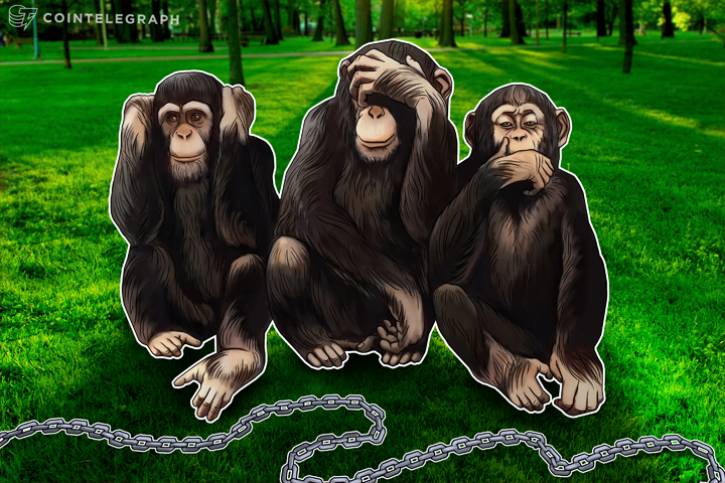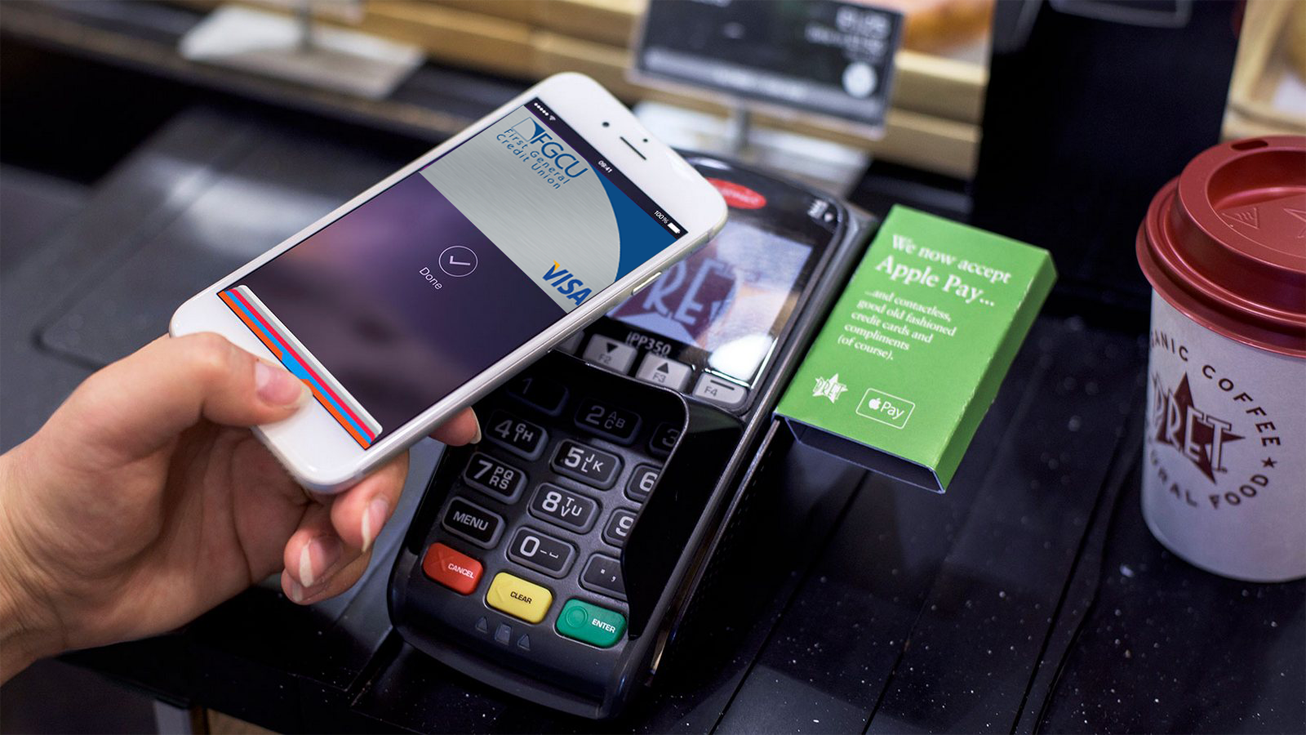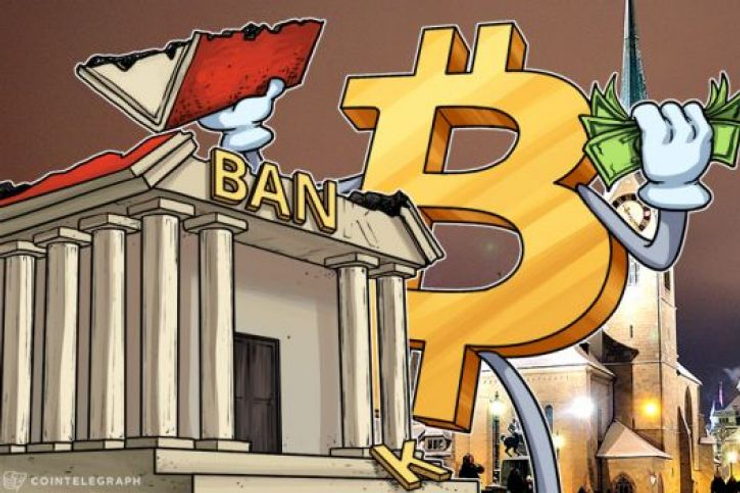Hi, I’m Adil Wali. I became a Microsoft certified professional at age 14 and started my first web development company. That led to a career as a serial entrepreneur, advisor, and startup investor. I got my first “real job” at 33, and I’m now a FinTech executive with a passion for the markets.

I’ve always believed product management is all about discovery. As time goes on, I’m seeing that others are also beginning to get on the bandwagon and think it’s a cool thing to believe. But I get confused because there are still so many people – especially entrepreneurs – are so confident their thinking is right that they don’t see the need to verify it or even listen to what other people are saying. Because they are entrepreneurs they are remarkably self assured. They’re extremely confident and believe they’ll do well, so they say, “This is how it’s gonna look, and boom – we’re going to make 10 million dollars.”
Entrepreneurial confidence and reality distortion
I’m not faulting the mindset of entrepreneurs. I think they should be “beacons of irrational optimism.” You need someone to be that force of positivity. One term that’s been used when referring to Apple’s Steve Jobs is Reality Distortion Field, or RDF. Jobs is such a believer in what is to come many say reality is actually distorted around him. His charisma is so contagious that suddenly all around him believe they’ll move mountains. So if this sense of confidence works so well, how can it be wrong?
First, Steve Jobs is not making those products – he’s the visionary leader who’s talking about what the future could be. I’m not an insider at Apple but I assume he’s not in the product war room hands-on managing the product.
My theory is that most product people are not hired – they’re founders/CEOs. I’m not saying being irrationally optimistic, or being a believer or being an entrepreneur is a bad thing for products. At the same time, that instinct is what drives entrepreneurs to be bad hands-on product managers. “Why do user tests” Why do A/B tests? I know this is going to work.” When I hear that, I know these are going to typically end up as someone’s famous last words.
Don’t overlook the action in the term product discovery
The verb “discover” is a very critical part of the term “product discovery”. When using the term product discovery, people too often overlook the action part of the word “discovery” (to discover). To me, “discovery” means you’ve found something out – like something or some place exists that you’ve discovered. It indicates the product is bigger than you – there’s this natural environment out there and it’s your job to discover what’s out there. It’s not called products “creation” it’s called “discovery” meaning there are answers out there for you to find and those answers are found through the users of the product.
If I had to define the term product discovery, I’d say it’s:
“The act of ideating with the feedback of your users in an iterative way that enables you to find the right product.”
The way to build the best stuff is to find out what people really want and would use. But there are companies out there that are spending millions on products that apparently did not get user testing. We all know epic sales launches that have turned into epic failures. People can go a long way without verifying what’s actually valuable or viable.
There’s a difference between discovery and validation. If you have one bullet to fire – and ask yes or no questions – you’re not doing discovery, you’re just validating. If you’ve already predetermined everything and test that on users, you’re not really discovering.
Discovery means being open minded. If you’re close minded you’re really not doing discovery. Bring user feedback in the game all the way through the process – even early on, with wireframes, and linking together within prototypes and all the way up the curve bring users in to test to make sure there’s actual value for the user in the interaction.
The Product Discovery funnel
Good discovery keeps products in low fidelity longer (see my rapid prototyping post for a discussion of low and high fidelity prototypes). Those who do product discovery best understand the importance of low fidelity prototypes because instead of just testing one thing they have 4 or 5 different approaches to the problem and they’re testing those approaches well before the high fidelity stage is reached.

There’s an inverse correlation between fidelity and ideas. Early on there are lots of ideas that need to be tested, first in paper and pencil sketches when you have, say, 5 ideas. By the time you get to mockup or wireframe made, you refine your ideas from maybe 5 to 3 and continue learning from that until you start to create 2 prototypes and then 1 polished interface as you close in on the core idea. That’s what discovery is all about: going from low to high fidelity and getting feedback throughout all phases of development.
The concept of product discovery has always been intuitive to me. If you want to be world class at building great products you need to be willing to accept the fact that you’re going to be wrong from time to time.






